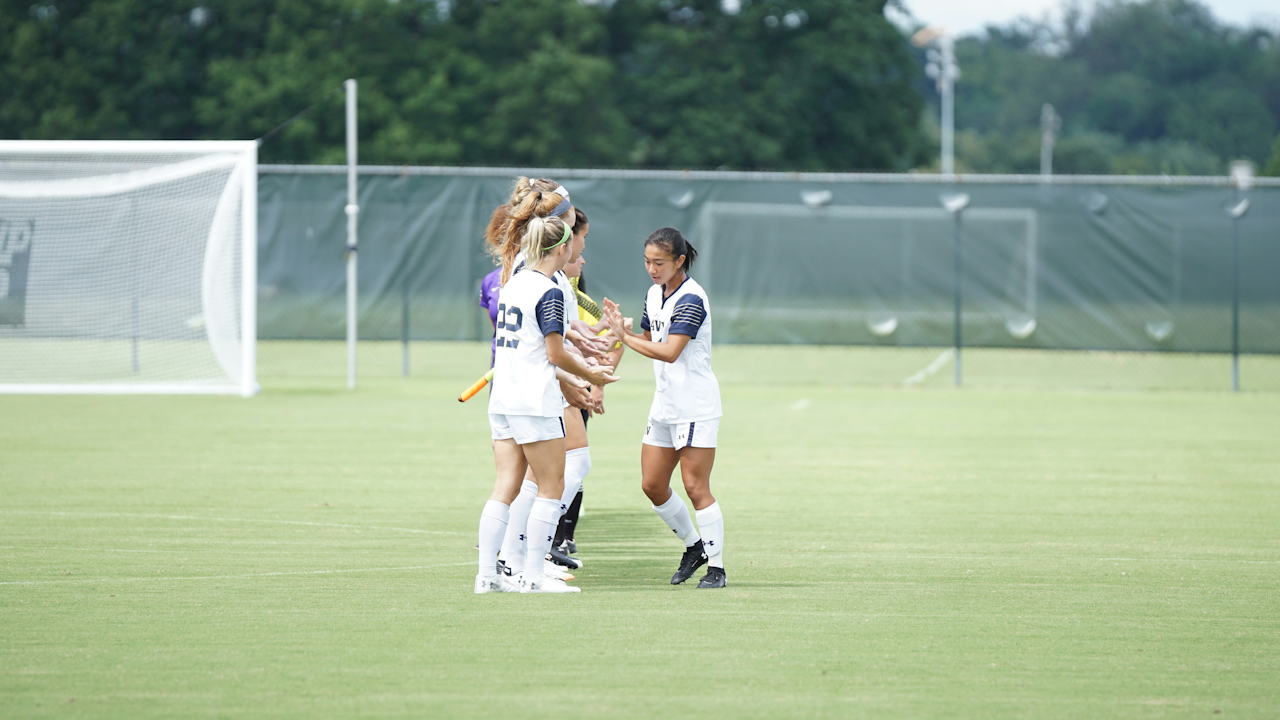Superstitions, those seemingly irrational beliefs and practices, are deeply woven into the fabric of human culture. From avoiding black cats to knocking on wood, they offer a curious glimpse into our psychological landscape. But nowhere do they manifest with such vibrant and unwavering conviction as in the world of sports. Athletes, coaches, and even fans often cling to peculiar rituals and lucky charms with an intensity that borders on the religious. What is it about the high-stakes, unpredictable environment of competitive sports that fosters such a fertile ground for these often illogical behaviors? The answer lies in a fascinating intersection of cognitive biases, psychological needs, and the very nature of performance under pressure.
At its core, a superstition is a belief in a causal relationship between an action (or object) and an outcome, where no such relationship exists objectively. In sports, this might involve wearing the same unwashed socks for every game, meticulously following a pre-game routine down to the last second, or avoiding stepping on the foul line. While these actions have no direct physical impact on performance, they acquire immense subjective power for those who practice them.
One of the primary drivers behind sports superstitions is the inherent uncertainty of competition. Despite rigorous training, strategic planning, and immense talent, the outcome of a game is rarely fully predictable. A single bad bounce, a momentary lapse in concentration, or an unexpected turn of events can alter the course of victory or defeat. This lack of complete control creates a psychological void, a need to impose order and predictability where none inherently exists. Superstitions step in to fill this void, offering a comforting illusion of control. By performing a specific ritual, an athlete might feel they are tipping the scales in their favor, influencing the capricious hand of fate.
This illusion of control is closely linked to the cognitive bias known as “illusory correlation.” This bias leads us to perceive a relationship between two variables when no such relationship exists, particularly when those variables are novel or emotionally significant. Imagine a basketball player who, after a particularly good game, realizes they were wearing a specific pair of socks. The next game, they wear the same socks, and perform well again. Over time, a strong, albeit coincidental, association is formed in their mind. The positive reinforcement of good performance strengthens the belief in the socks’ magical properties, even though their skill and preparation are the true determinants of success.
Another crucial psychological mechanism at play is “operant conditioning,” specifically “superstitious behavior.” Pioneered by B.F. Skinner, this concept demonstrates how random actions can become reinforced if they are accidentally followed by a positive outcome. Skinner’s experiments with pigeons showed that if a pigeon was rewarded with food at random intervals, it would begin to repeat whatever action it was performing just before the food appeared, even if that action had no actual bearing on the reward. Similarly, an athlete might inadvertently perform a particular action just before a successful play. The success then acts as a “reward,” reinforcing the preceding action and increasing the likelihood of its repetition. Over time, these reinforced random actions solidify into ingrained superstitious rituals.
Beyond the desire for control and the workings of conditioning, superstitions can also serve as powerful psychological anchors, promoting a sense of confidence and reducing anxiety. The high-pressure environment of professional sports can be incredibly stressful. Athletes face immense scrutiny, the weight of expectations, and the constant threat of failure. Engaging in a familiar ritual can be a grounding mechanism, a way to channel nervous energy and focus the mind. The ritual becomes a pre-performance routine that helps trigger a state of readiness and belief in oneself. If an athlete genuinely believes their lucky charm or specific routine will bring them success, that belief itself can boost their confidence, leading to improved performance through the well-documented placebo effect. This self-fulfilling prophecy reinforces the superstition: the athlete performs better because they believe they will, attributing the success to the superstition, thus strengthening its hold.
Social learning also plays a significant role in the propagation of sports superstitions. Younger athletes often observe and emulate the behaviors of their more experienced or successful teammates. If a star player has a particular pre-game ritual, aspiring athletes might adopt it, believing it contributes to the star’s success. This cultural transmission helps embed superstitions within teams and sports communities, making them seem like an integral part of the sporting experience rather than mere personal quirks. The shared belief can even foster a sense of camaraderie and collective identity within a team.
However, it’s important to acknowledge the potential downsides. While often benign, an overreliance on superstitions can, in extreme cases, become detrimental. If a crucial element of a ritual is missed or cannot be performed, it can trigger anxiety, self-doubt, and a loss of focus, potentially hindering performance. The athlete might feel “off” or “cursed,” leading to a self-sabotaging mindset. This highlights the delicate balance between the comforting psychological benefits and the potential for debilitating dependence.
In conclusion, the science behind sports superstitions is a rich tapestry woven from various psychological threads. They are not merely irrational quirks but rather understandable responses to the inherent uncertainties and pressures of competitive performance. Driven by the desire for control, the mechanisms of illusory correlation and operant conditioning, and the powerful influence of confidence and anxiety reduction, superstitions offer athletes a psychological toolkit to navigate the unpredictable world of sports. While they may lack objective efficacy, their subjective power in shaping an athlete’s mindset and performance cannot be underestimated. They serve as a fascinating testament to the human mind’s enduring quest to find meaning and exert influence in a world often beyond its complete grasp, especially when the stakes are high and the spotlight is on.

